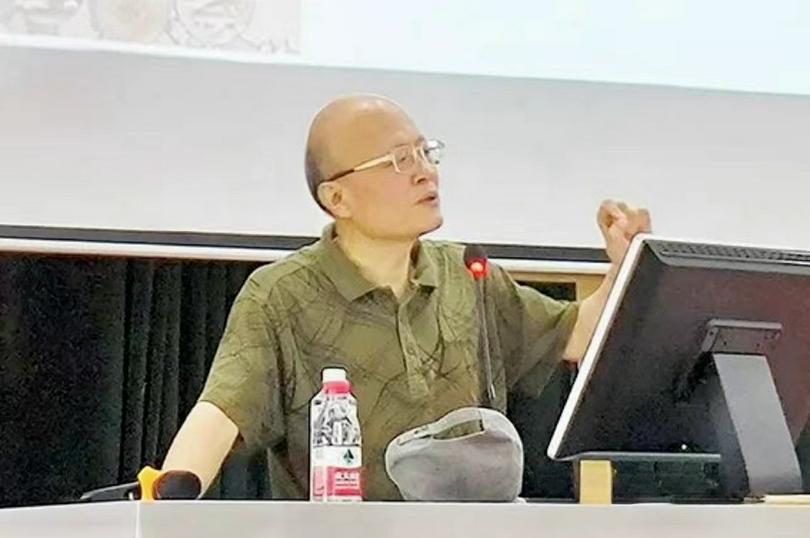Being invited to Nanjing Union Theological Seminary, Professor Wang XinSheng from the School of Philosophy at Fudan University delivered a lecture themed “Comparison Among the Analects, Tao Te Ching, and Bible: The Light of Classical Texts in the Sinicization of Christianity.”
The 73rd Boya Reading Club was held in the national seminary on September 16, said the Nanjing Union Theological Seminary.
At the opening, Professor Wang expressed his optimism about the prospects of Christian theological education and development in China. He suggested that it was worth reading the classics from a comparative perspective and interpreting them in a sinicized way by combining the mainstream ideas formed over a long period of Chinese history and Christian doctrines, especially through comparative reading and analysis of the Four Books and Five Classics (authoritative and important books associated with Confucianism, the core of the Chinese classics) and the Holy Scriptures.
During Wang’s sharing, there were three sessions, including “Imitation of Nature and I am Who I am,” “Restraining oneself to comply with social norms and the Greatest Commandment,” and "Act but Not Compete and Prince of Peace.” In the session “Imitation of Nature and I Am Who I Am,” starting with an analysis of the view of “God” in ancient Chinese culture, he interpreted the ancient Chinese’s understanding of God in the pre-Qin period, taking examples from the Book of Songs and Shangshu (two of the Five Classics referred to above). Then he talked about the reversal of the relationship between man and God during the Spring and Autumn Periods and subsequently shared his interpretation of the idea of destiny in ancient China. Therefore, Wang concluded a high level of comparability between the ancient Chinese culture as "Tao follows nature" and the attributes of God in Christianity as "I Am Who I Am."
Following this, in “Restraining oneself to comply with social norms and the Greatest Commandment,” Professor Wang compared “the benevolent man loves others” in The Analects (one of the Four Books) to Jesus’s greatest commandment. He proposed that the doctrine of loyalty and consideration advocated by Confucius was also a significant doctrine in Christianity. Meanwhile, “the golden mean” in Confucianism could be reflected in “the essence of love” from 1 Corinthians, “do not worry,” and “do not judge” from Matthew.
In the third session, “Act but Not Compete and Prince of Peace," the professor posited that Jesus's act of saving the world through his own sacrifice exemplified the principle of "gentleness overcomes strength" in the Tao Te Ching. He noted that the principles of "Benefit and Do Not Harm" and "Act but Do Not Compete" align with the humble nature of Jesus. Wang also drew connections between Tao Te Ching's concept of "when the Tao is disregarded in the world and instruments of disaster" and Jesus's statement, "for those who draw the sword will die by the sword." Additionally, he highlighted the parallel between the traditional Chinese notion that adults should return to an infant-like state and Jesus's expectation that people should become like children.
- Translated by Poppy Chan












